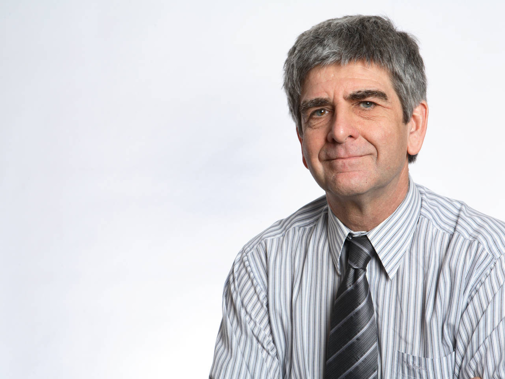The NHS seems now to be recognising that encouraging and supporting recently retired doctors in returning to the workforce is a valuable element in dealing with both the backlog of elective work and also the provision of professional education.
Debate at the recent BMA retired members conference, and comments from members who have been in touch with me directly, highlights that many of you would like the opportunity to support former colleagues by working in specific areas and on flexible terms, but without the bureaucracy that was experienced at the beginning of the pandemic.
To that end I have been working with BMA staff to ensure the NHS and GMC learn lessons from the early days of emergency re-licensing. When talking to officials we have also been vocal about ensuring that members’ pensions are not adversely affected by returning to work in this way.
In May, NHS England and NHS Improvement issued a letter to senior management at all NHS Trusts and Foundation Trusts asking them to review their workforce plans for elective recovery. This letter followed a highly productive meeting I attended with Celia Ingham Clark, medical director for clinical effectiveness at NHS England.
At the meeting, we particularly emphasised the need for Trusts to be flexible in the arrangements for a returning doctor and I’m pleased to see that the letter to management encourages this.
The letter calls upon Trusts to:
- Encourage recently retired staff across the workforce to return with contracts that support elective and educational recovery. These colleagues may wish to take up training lists and outpatients, as well as supporting the wider development of the NHS workforce
- Ensure that recently retired returners are re-employed on arrangements that reflect their experience, skills and their own preferences, as well as the needs of the service (i.e. longer term contracts can be offered)
- Encourage individuals considering retirement to return to support and educate the wider elective recovery workforce as the next chapter of their careers.
Pensions are something that will need careful consideration and you may wish to contact the BMA pensions team for information about pension and taxation rules that might affect you.
Vish Sharma, pensions committee chair, has already responded highlighting where the pension provisions fall sadly short.
I will keep you updated as this work progresses, especially regarding Medical Support Workers but for now I would like to draw your attention to the recruitment drive for the NHS Reserve Team. There is a comprehensive briefing on the new reserve scheme on the BMA website.
If the scheme is of interest to you there is an online form to express an interest. The scheme seems to be evolving and it may be able to offer you something suited to your interests and experience. I would be interested in any feedback you can give me.
It is important to note that returning to work as an NHS reservist does not guarantee being able to return as a doctor, as a license to practise would still be required to work as a medical practitioner.
The RMC has been emphasising within the BMA that doctors are increasingly choosing a ‘phased’ retirement and that membership arrangements should recognise this.
The RMC worked with the BMA’s organisation committee to change the definition of a retired member to recognise that there may be some work in retirement.
There are now two types of retired membership which members can indicate on the online membership database.
- ‘Permanently and predominantly retired from all medical practice’ with an income limit of £16,500pa from medical practice.
Or alternatively
- Members who return to work can now elect to register as ‘retired but working in NHS to support Covid’ on the BMA database – therefore retaining the benefits of retired membership and discounted subscriptions.
I hope that those of you considering a return to some sort of work within the NHS will find the information on the BMA website useful.
If you have any comments or feedback on your experiences to date, or thoughts about how this work could be taken forward, please do let me know.
Brian Guttridge is a retired public health doctor and chair of the BMA retired members committee

